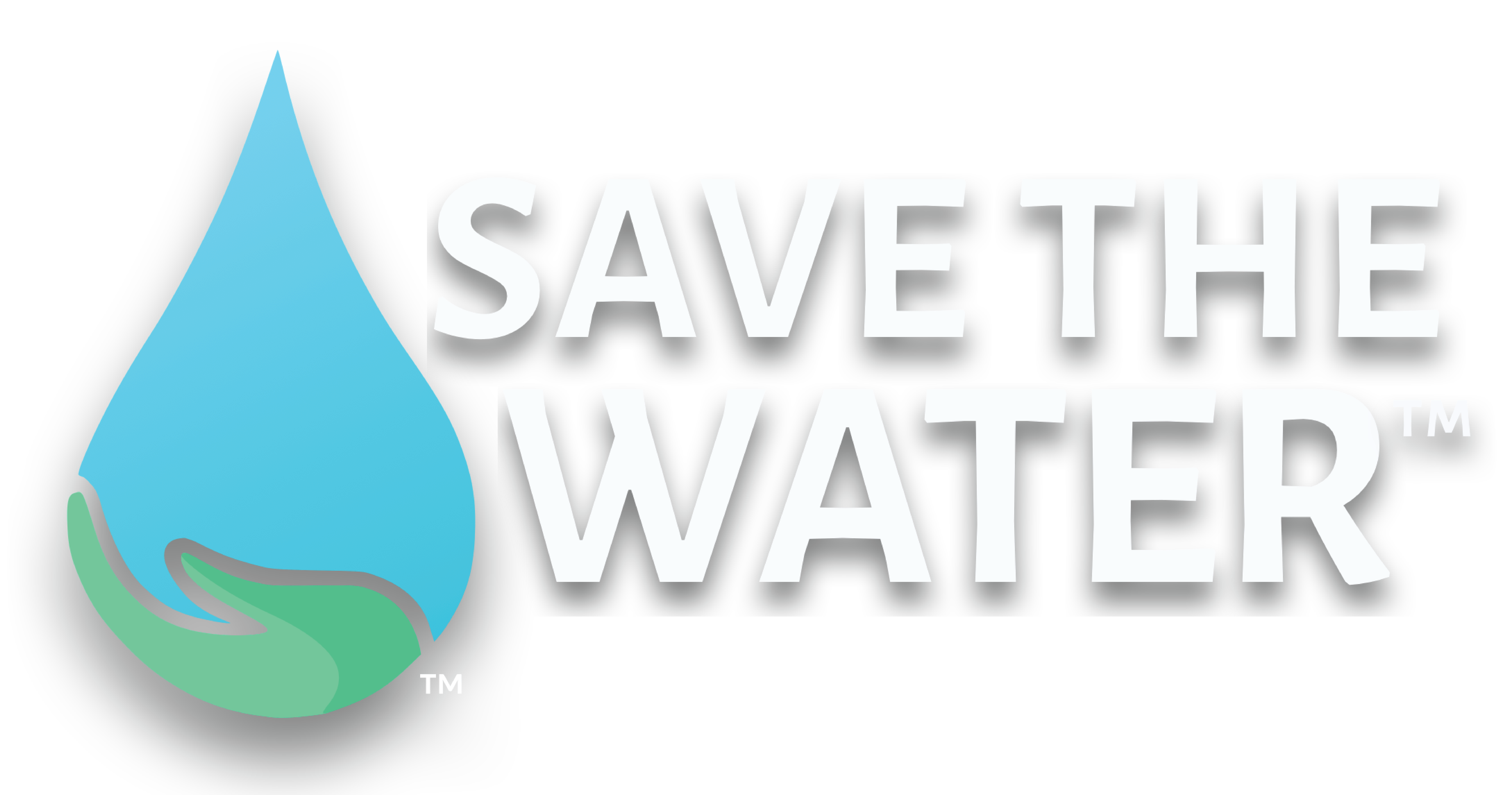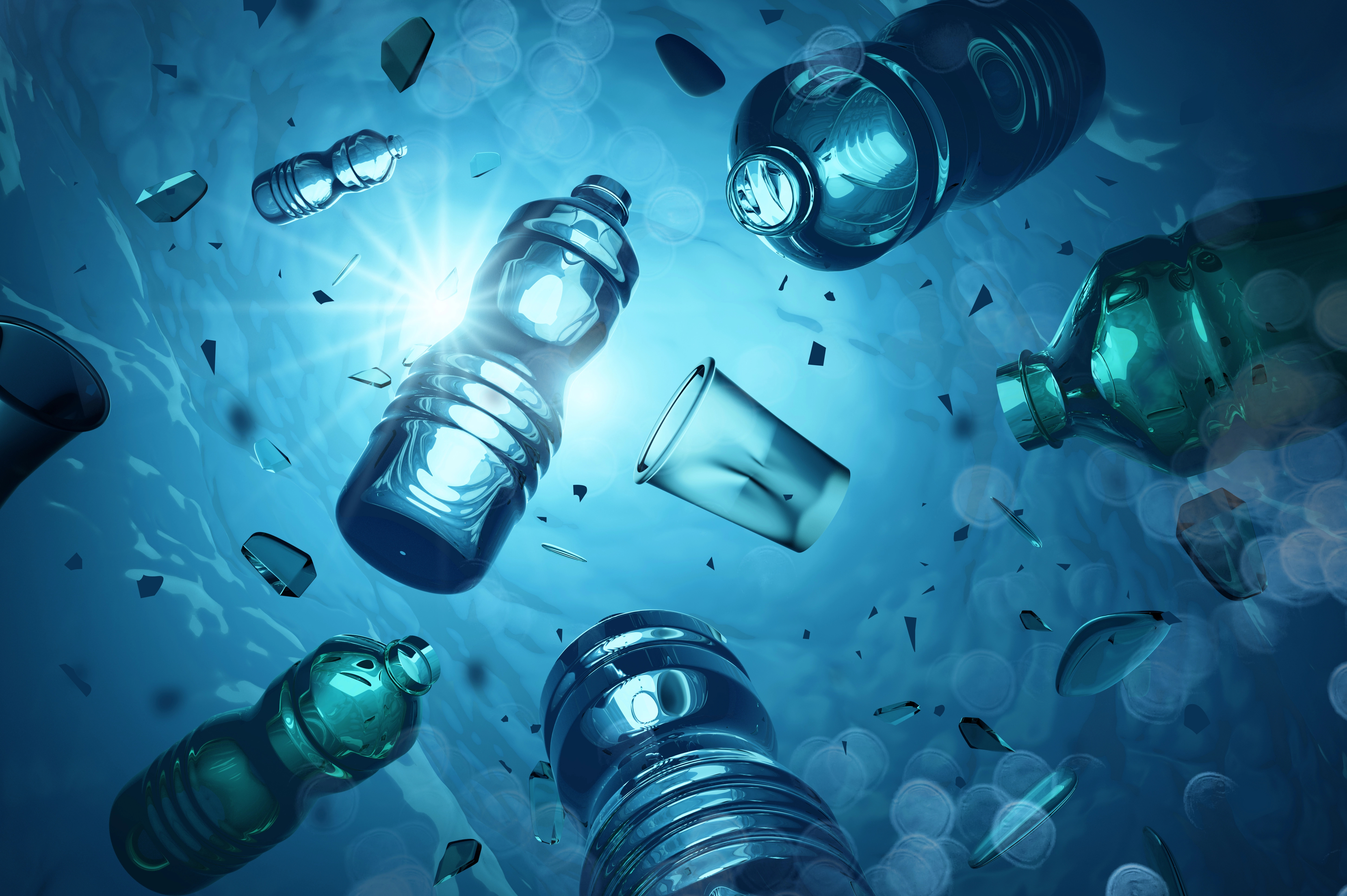By Samhar Almomani, Publishing Associate: Researcher and Writer at Save the Water™ | August 10, 2024
Edited by Joshua Awolaye, Publishing Associate: Editor at Save the Water™
Microbiologists at the Royal Netherlands Institute for Sea Research (NIOZ) have discovered plastic-eating marine fungus in the Great Pacific Garbage Patch. They found that the fungus can break down polyethylene, which is the most common type of plastic waste in oceans. Polyethylene is found in water bottles, plastic bags, and many other everyday objects.
This fungus, called Parengyodontium album, is the fourth known marine fungus capable of consuming plastic. P. album was uncovered among thin layers of other microbes typically found in the North Pacific’s floating plastic waste. P. album’s discovery is significant because of what it could mean for the future of water sustainability.
How Does Marine Fungus Consume Plastic?
This marine fungus, P. album, depends on sunlight as its source of energy. Scientists lab-testing P. album’s capabilities found that it can only break down plastics that’ve been, at least, briefly exposed to UV-light. This makes it harder for the marine fungus to break down plastics, as it needs continual sunlight access.
The study’s lead author, Annika Vaksmaa, said that it is known that UV light can mechanically decay plastic on its own. This study was conducted to highlight UV light’s role in various biological processes that result in plastic degradation. The study revealed that P. album degrades plastic exposed to UV light at approximately 0.05% per day.
Should We Start Using Single-use Plastics More Freely?
While P. album’s discovery is promising, we must stay committed to reducing plastic waste to protect our water from pollution. Plastic pollutants remain destructive and can harm our water resources in several ways, such as:
- increasing water-borne illnesses, such as cholera and hepatitis A.
- contributing to the extinction of species as a result of ingestion, entanglement, and suffocation.
- poisoning people’s food supply with plastic contaminants.
- hurting the economy due to direct costs of cleanup and long-term consequences of water scarcity.
What Comes Next?
Annually, millions of metric tons of plastic enter and pollute our oceans. The oceans are full of plastic pollutants, meaning that we cannot rely on nature alone to resolve the plastic pollution crisis. We cannot allow further degradation due to pollution or we risk losing our ecosystems. We need to be more intentional about decreasing plastic pollution in water bodies. Our efforts will protect animals that rely on the natural ecosystem—an ecosystem we also belong to.




